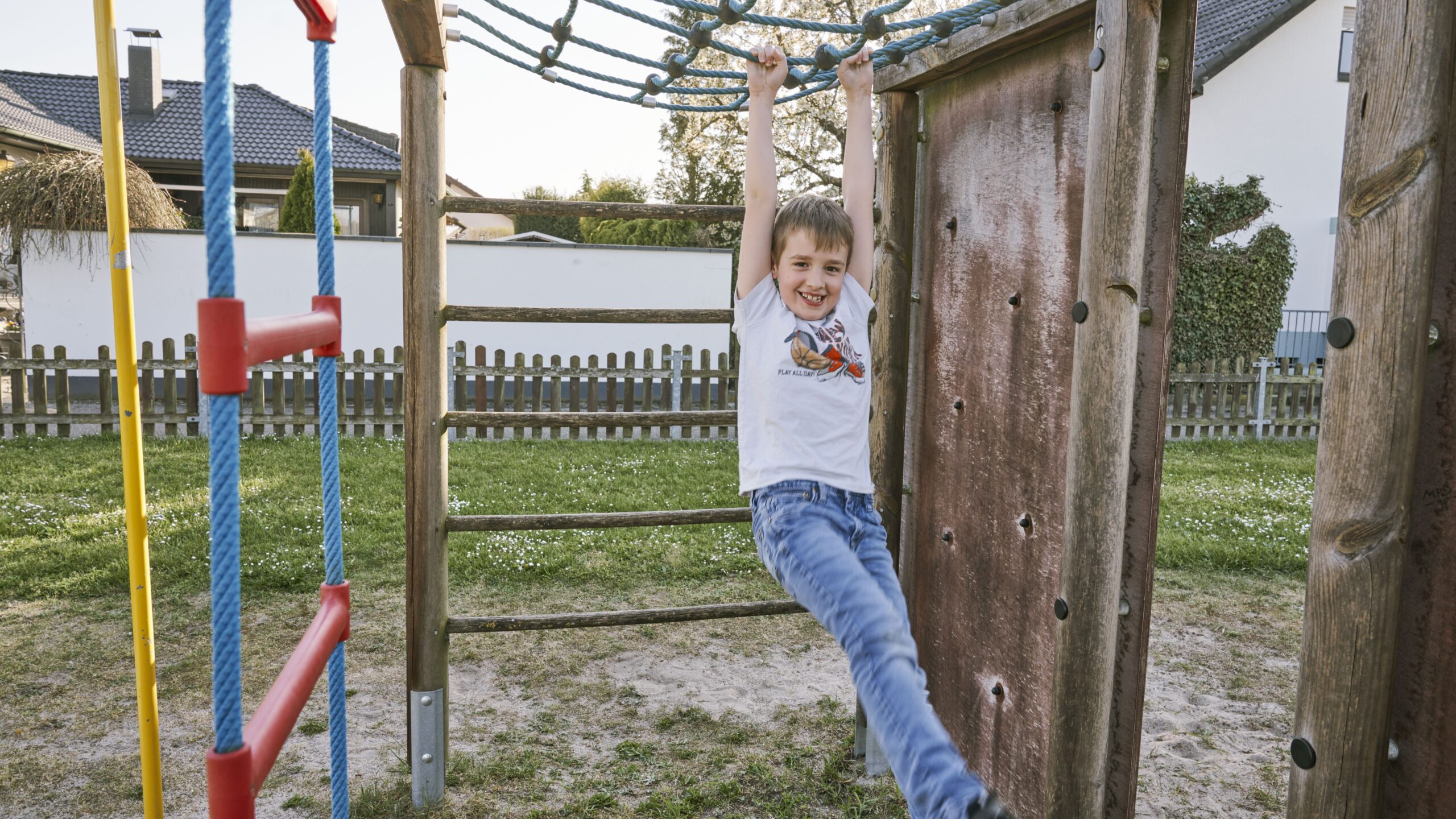
For over 20 years, the Motor Skills Module Study (MoMo) has provided representative data about how fit and active children and young people in Germany are. With the current tests in Karlsruhe (April 28 and 29, 2024), the fourth wave of surveys (MoMo 2.0), which started in September 2023, is half complete. Around 4,800 children and young people are expected to be tested by the end of the year. Initial results indicate that after the restrictions caused by the corona pandemic, they are doing more sport again, but are less physically active in everyday life. Losses in motor performance are expected. The study is a joint project of the Karlsruhe Institute of Technology (KIT), the Karlsruhe University of Education (PHKA), the University of Konstanz and the Humboldt University of Berlin.
Since 2003, the MoMo study has been examining the course and development of physical fitness, activity behavior and health of children and young people in Germany. The nationally representative MoMo data and analyzes help to identify trends, determine the influence of historical events and environmental factors, and show connections between socio-economic and biomedical conditions.
Reliable and objective data for over 20 years
“The MoMo study is essential because it sheds light on the central role of exercise and motor skills in growing up healthy. When we started it in 2003, the topic was only present at the municipal level,” says Professor Alexander Woll, MoMo 2.0 network leader and head of the Institute for Sport and Sports Science at KIT.
“The examination of motor performance using standardized on-site sports motor tests has provided reliable and objective data on the motor performance level of children and young people in Germany for more than 20 years,” says Professor Annette Worth, deputy head of the MoMo 2.0 study, vice-rector for research and professor for sports education and didactics at the PHKA.
“Corona kink” expected
The central result of the first three survey waves from 2003 to 2020 was that the motor skills of children and young people in Germany are stagnating at a low level and the majority of four to seventeen year olds do not get enough exercise. For the current survey, the researchers expect a “corona kink” that has generally already been diagnosed in comparable studies – such as the “Fitness Barometer 2023”, which was created with the participation of KIT; with slower and less persistent children. The researchers suspect that this could be related to changes in exercise and leisure behavior, for example increased media consumption.
As part of the fourth wave of the MoMo 2.0 survey, around 4,800 children and young people between the ages of 4 and 17 will be tested in 185 cities and municipalities by the end of 2024. With the tests at the Karlsruhe University of Education on April 28th and 29th, 2024, the first half of the current survey wave will be successfully completed. The results expected at the end of 2025 will show for the first time how fit and active children and young people are who have experienced the restrictions caused by the corona pandemic.
The standardized tests on endurance, strength, speed, coordination and agility are organized and supervised by around 60 specially trained students from PHKA and KIT. Data on weight, body composition, waist circumference, blood pressure, nutrition and mental health are also included in the survey.
KIT coordinates the MoMo research network
The group and project management of the MoMo study lies with the KIT Institute for Sport and Sports Science (IfSS) with Professor Alexander Woll and Dr. Claudia Niessner as the responsible researchers. The overall project is led by Dr. Alexander Burchartz from IfSS. They are supported by seven doctoral students and postdocs as well as student assistants.
The coordination of the work of the four MoMo network partners includes the coordination of research goals, the planning of the study design, the development of methods such as activity measurement using acceleration sensors, the management of test subjects, data management as well as the preparation and dissemination of results at congresses and meetings , for the media and in political consulting. Embedding the MoMo study in the KIT Health Technologies Center makes it possible to integrate innovative health technologies and methods directly into research and thus seamlessly link scientific findings and practical applications in health research.
